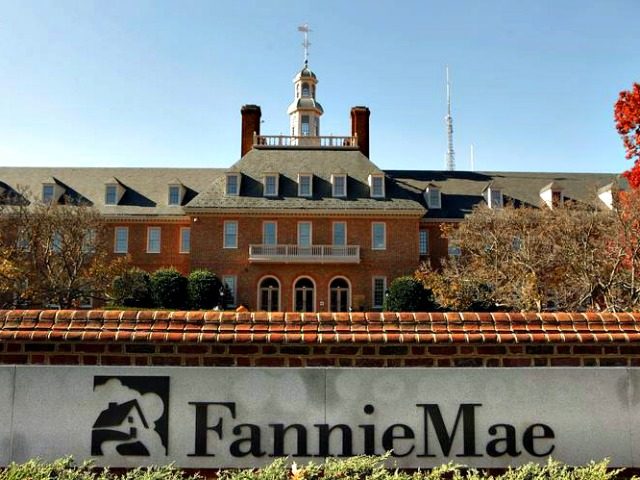The Federal Housing Finance Agency has told a federal court that its structure is constitutionally sound and has asked the court uphold the U.S. Treasury’s authority to sweep all of the profits of Fannie Mae and Freddie Mac.
The FHFA had previously told a Fifth Circuit en banc panel that it would not defend the agency’s structure, which had been challenged by shareholders of Fannie and Freddie as part of a legal strategy aimed at overturning a 2012 agreement between the FHFA and the Treasury Department. The FHFA is led by a single director who is only removable by the president “for cause”–which the plaintiffs claimed made the agency so independent that it violated the constitution’s grant of executive power to the president.
In a letter submitted to the Fifth Circuit on Monday, the FHFA said that under the direction of its new chief, Mark Calabria, the agency had reconsidered the constitutionality question and is now urging the en banc panel to uphold the single director structure. The previous position was put in place by Joseph Otting, who was serving as acting director prior to Calabria’s appointment and confirmation. Otting’s predecessor, Mel Watt, had consistently defended the agency against legal attacks on its structure.
“FHFA now advises the Court FHFA takes the position going forward that HERA’s structure is constitutional,” wrote Robert J. Katerberg, an attorney at the law firm Arnold & Porter that represents the FHFA, in a letter dated July 9, 2019.
HERA is the nickname for the Housing and Economic Recovery Act of 2008, which created the FHFA to replace an earlier regulatory agency viewed as ineffective by many. HERA also authorized the FHFA to act as the legal conservator for Fannie and Freddie, which it has done since taking them over in 2008. In addition, the law authorized Treasury to bail out the companies by purchasing their securities, which the Treasury did in 2008.
The FHFA also called upon the court to uphold a lower court ruling that gave the green light to a 2012 amendment–often called the third amendment because it came after two earlier revisions–to Fannie and Freddie’s bailout agreement. That amendment created a flexible dividend to be paid to the Treasury, known as the “net worth sweep,” essentially forcing the mortgage giants to pay nearly all of their profits to the government but allowing them to pay nothing in quarters where they suffer losses.
Previously, Fannie and Freddie had been required to pay a 10 percent annual dividend on the bailout funds they received–and occasionally had to dip deeper into government coffers just to pay the required amount. That perversely lowered the amount of funds available for future support while simply creating a circular draw of funds from the Treasury that were immediately repaid to the Treasury.
Some shareholders had been hoping that Calabria, who has criticized the ongoing conservatorships of Fannie and Freddie as well as net worth sweep, might reverse the agency’s position on the Third Amendment. Tuesday’s letter indicates the agency continues to support the deal with the Treasury.

COMMENTS
Please let us know if you're having issues with commenting.